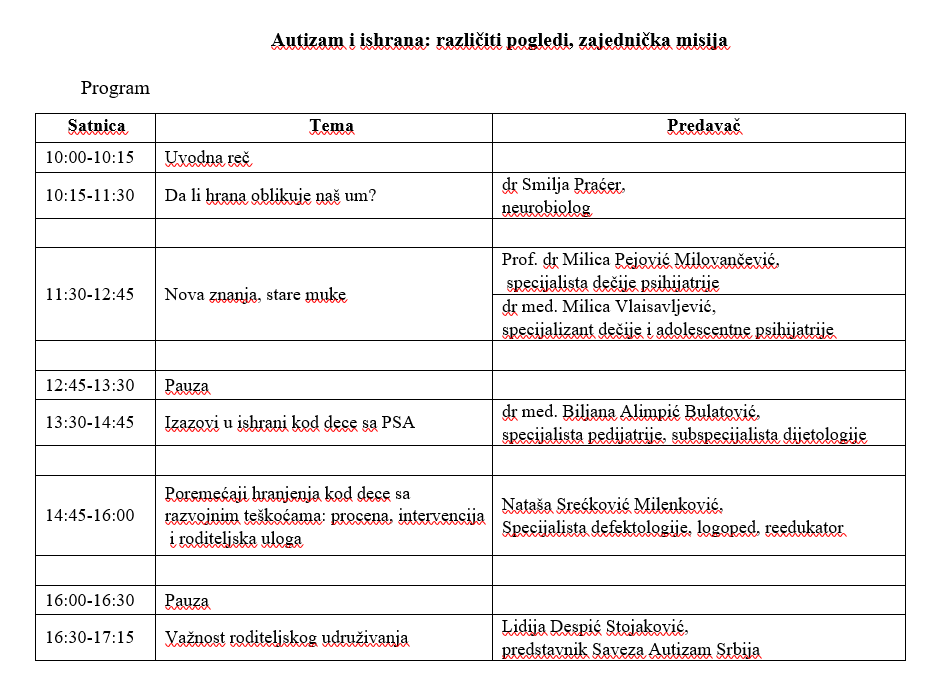Learning, memory, and behavior arise from the complex integration of neuronal networks, with the gut–brain axis playing a key role through microbiota, immune signaling, and neural pathways. Gut microflora can influence emotions, cognition, and behavior via metabolites, modulation of inflammation, and communication with the nervous system. Nutrition acts as a central regulator of microbiota composition and function, thereby affecting neural homeostasis and cognitive health.
Autism spectrum disorder (ASD) is a particularly relevant field of study, with multifactorial etiology involving genetic, epigenetic, neurobiological, metabolic, and immune mechanisms. Chronic inflammation and immune dysregulation are linked to atypical neural development and phenotypic patterns, highlighting potential targets for immunomodulation and prevention of neuroinflammation. Adequate nutrition is essential for health and development, while feeding challenges in ASD—such as food selectivity, refusal, sensory barriers, and ritualized behaviors—can compromise nutritional status. Addressing these difficulties requires a multifactorial approach, behavioral assessment during meals, and individualized strategies adapted to each child.
This lecture integrates neurobiological, clinical, and practical aspects across five themes:
The integrated approach bridges theory and practice, emphasizes interdisciplinary collaboration and parental education, and contributes to improving nutrition, development, and daily functioning of children and their families.
The lecture is organized within the PaSTINCA project (Parents and Scientists Together for Identifying Nutritional Challenges in Autism), led by Dr. Smilja Praćer, and will be held on October 21st at the Institute of Mental Health (IMH), Palmotićeva 37 (new address: Milana Kašanina 3), Belgrade.

IBISS uses analytical cookies to analyze the use of the site in order to improve the user experience, by clicking "Accept" you consent to the use of cookies.